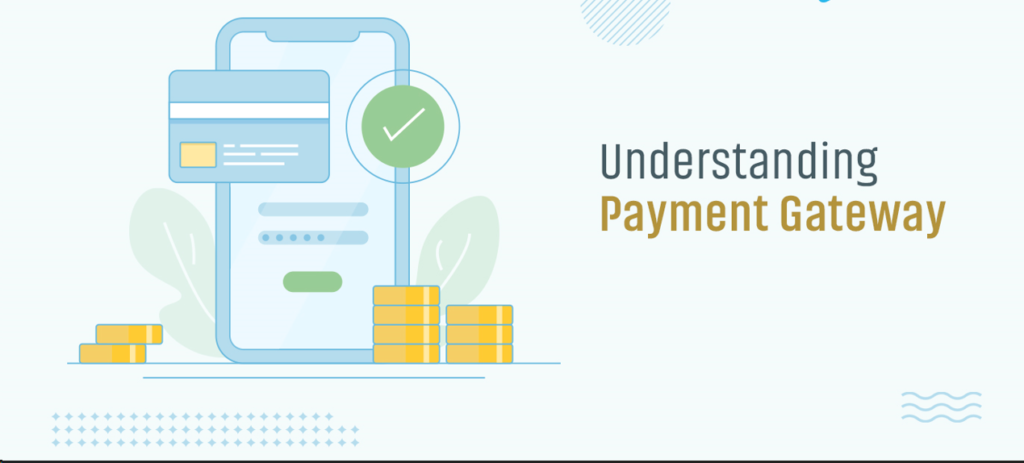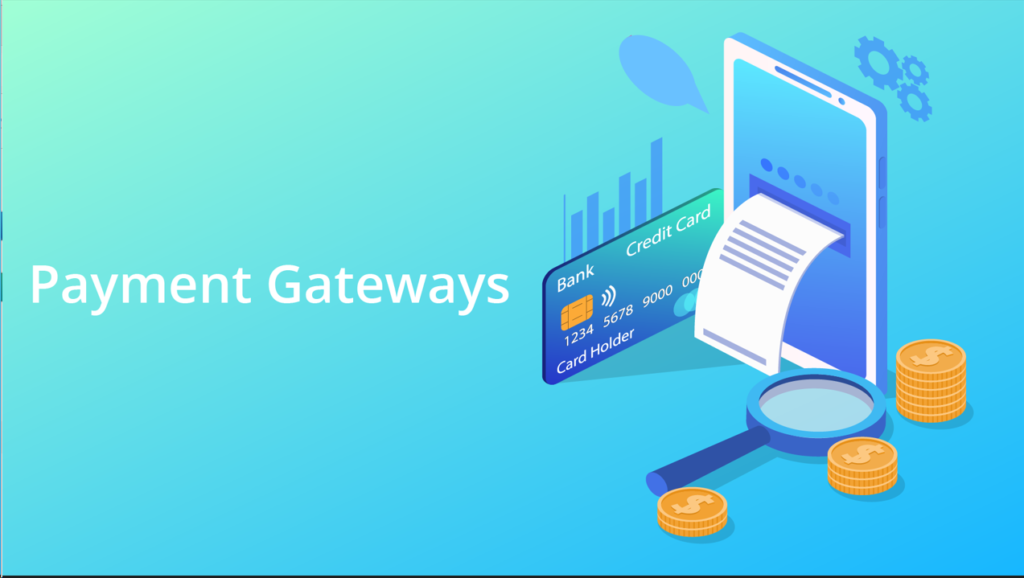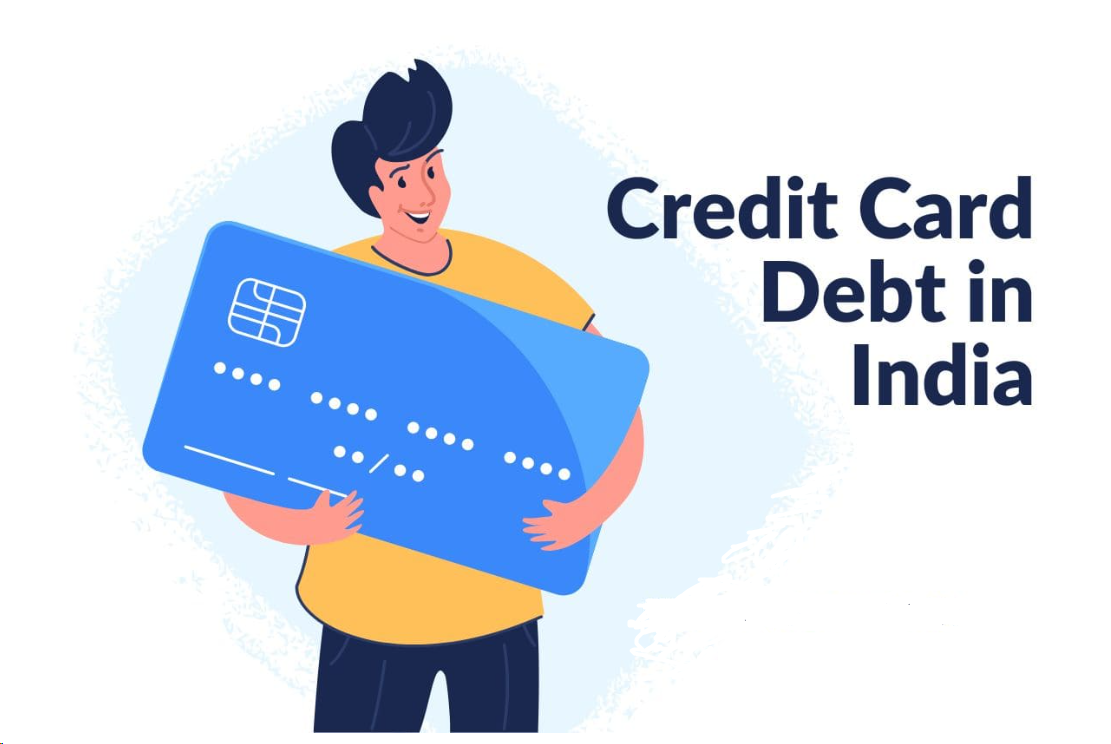Author : Sweetie
Date : 23/12/2023
Introduction
In the rapidly evolving landscape of finance and technology, payment gateways play a pivotal role in facilitating seamless transactions. the context of India, where credit card usage is on the rise, it becomes crucial to explore the intersection of payment gateways and credit card debt.
In a world where online transactions have become the norm, payment gateways digital bridges, ensuring the secure passage of funds between buyers and sellers. Simultaneously, the issue of credit card debt in India has gained prominence, reflecting a broader financial landscape.
Understanding Payment Gateways

Payment gateways, in essence, are online tools that authorize and facilitate transactions. They act as intermediaries, encrypting sensitive information to ensure secure financial interactions. As the backbone of e-commerce payment gateways have become indispensable in the digital era.
Credit Card Debt in India
The burgeoning middle class in India, fueled by aspirations and easy access to credit, has contributed to the surge in Use a Credit Card. However, this has also led to a concerning increase in Credit Card Debt Statistics[1]. Factors such as high-interest rates and lack of financial literacy have exacerbated the issue.
The Intersection: Payment Gateways and Credit Card Debt
The convenience offered by Payment Gateway[2] can inadvertently contribute to credit card debt. Impulse purchases and a lack of awareness about responsible credit card usage can lead individuals into a cycle of debt. Striking a balance between the advantages of digital transactions and the potential risks is essential.
Mitigating Credit Card Debt through Payment Gateways
As technology evolves, innovative solutions emerge. Financial education initiatives, integrated with Payment gateway solutions for businesses[3], can empower users to make informed decisions. Moreover, the integration of artificial intelligence in payment Portals can identify patterns of overspending and provide timely alerts.
The Future Outlook
The landscape of payment Portals and Credit Score[4] usage is dynamic, with continuous advancements. Biometric authentication, blockchain, and other cutting-edge technologies are poised to revolutionize the way transactions occur. These developments hold the promise of more secure and efficient financial systems.

Case Studies
Examining real-world examples of Credit card debt[5] management through payment gateways provides insights into effective strategies. From budgeting tools to personalized financial advice, these case studies offer a roadmap for individuals navigating the complex terrain of credit card usage.
Tips for Consumers
Empowering consumers with practical tips on responsible credit card usage and choosing secure payment gateways is paramount. Understanding interest rates, setting spending limits, and regularly monitoring transactions are small yet impactful steps towards financial well-being.
Industry Expert Insights
Gaining perspectives from professionals in the payment gateway and finance sectors adds depth to the narrative. Interviews with industry experts shed light on the challenges faced by consumers and the evolving role of payment gateways in mitigating credit card debt.
Common Misconceptions
Addressing prevalent myths about payment Portals and credit card debt is crucial. Dispelling misconceptions can pave the way for a more informed and discerning user base, fostering a healthier financial ecosystem[1].

Comparison with Global Practices
By benchmarking India’s approach to credit card debt management against global practices, valuable lessons can be learned. Analyzing successful models and adapting them to the Indian context can contribute to more effective strategies.
Government Initiatives
Government policies and collaborations with payment gateway providers play a pivotal role in shaping the financial landscape. Highlighting initiatives aimed at promoting financial literacy and responsible credit card usage underscores the collective effort required to address the issue.
Real-Life Stories
Sharing personal narratives of individuals who successfully navigated and overcame credit card debt with the help of payment gateways humanizes the issue. These stories serve as inspiration and provide relatable insights for those facing similar challenges.
Challenges and Opportunities
Recognizing the roadblocks in managing credit card debt and exploring opportunities for improvement is essential. From regulatory challenges to technological innovations, understanding the nuances helps in formulating comprehensive solutions.
Conclusion
In conclusion, the symbiotic relationship between payment gateways and credit card usage requires a delicate balance. While payment gateways offer unparalleled convenience, responsible usage is paramount to avoid falling into the trap of debt. By fostering financial literacy, embracing technological advancements, and collaborating on a societal level, India can navigate this landscape more adeptly.
FAQs
- Q: Can payment gateways prevent credit card debt?
- A: While payment gateways enhance security, preventing credit card debt requires responsible usage.
- Q: What role does technology play in mitigating credit card debt?
- A: Technology, integrated into payment gateways, can provide alerts, budgeting tools, and personalized advice.
- Q: How do government initiatives impact credit card debt in India?
- A: Government policies and collaborations with payment gateways shape financial literacy and responsible credit card usage.
- Q: Are there global models for credit card debt management that India can adopt?
- A: Analyzing global practices can offer valuable insights into effective credit card debt management.
- Q: How can individuals contribute to managing their credit card debt responsibly?
- A: Being informed, setting spending limits, and monitoring transactions are key steps for individuals to manage credit card debt responsibly.

